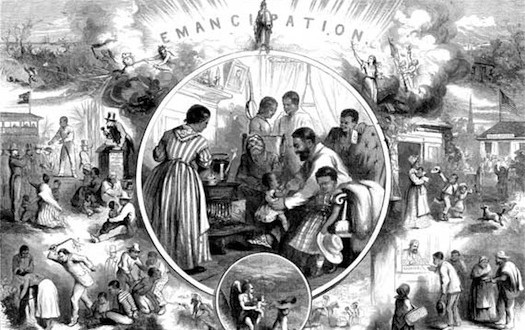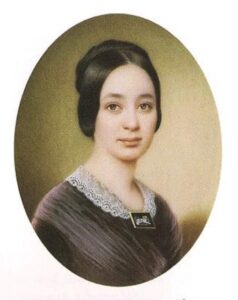
Varina Davis, the beautiful and sympathetic wife of the Confederate President, gave a vivid description of the Christmas of 1864 in Richmond.
Christmas 1864 Richmond. Christmas is traditionally a celebration of abundance and cheer, but as Dickens pointed out in his famous Yuletide tale, for many it can also be a time of want and need. The South had seceded to much jubilation and overweening confidence. They would lick the Yankees in a few months and then the Confederacy would be independent and everyone would live happily ever after – except the slaves, of course. Well, by Christmas of 1864, Confederate confidence had waned drastically, with Richmond under siege and Southern forces in retreat on all fronts.
The following memoir was written by Varina Davis, the wife of former Confederate president, Jefferson C. Davis. She contributed it to a newspaper in that hotbed of Secessionism, New York City, in 1896. While she had the advantage of hindsight, it is enlightening as to conditions in the Confederate capitol nonetheless. So be your Christmas happy or sad, may this serve as a reminder of how they managed in the last winter of the Civil War: Continue reading

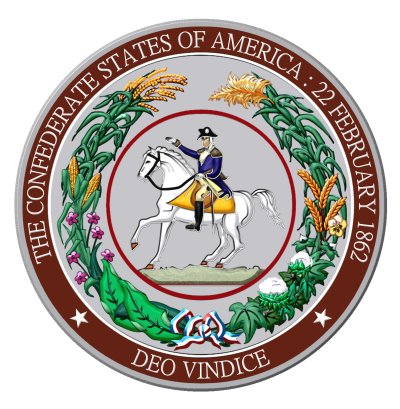
 ~ Prologue ~
~ Prologue ~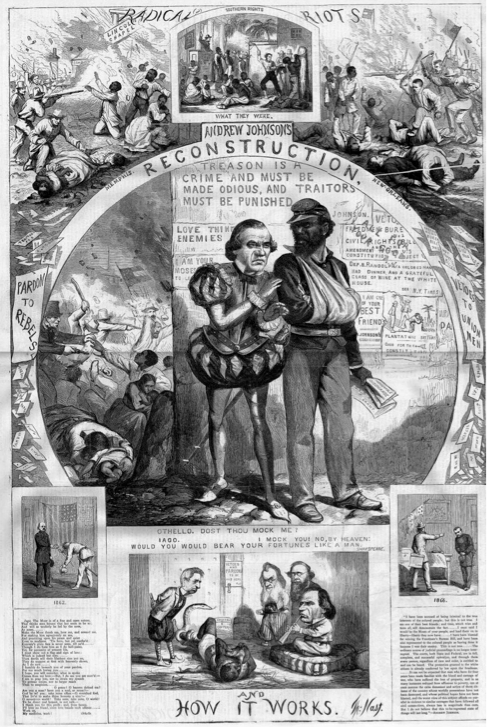

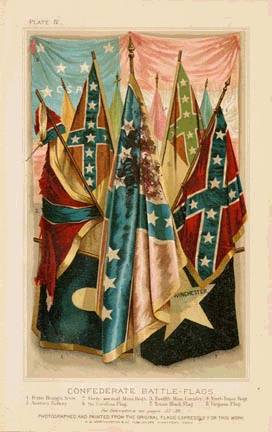 I have not slept well this past night, and so chose to just get out of bed and do some desktop fishing. I began going through some old emails and decided to do something just a bit interesting this morning – post a major piece of work from a now deceased Southern Brother – a man who I came to know quite well over a number of years. As a writer – with one exception – he was known as, J.D. Longstreet. His real name was Bill Ghent. There are some of you who may have known him, or of him. Let me begin by sharing a brief biography of him… and THEN prepare yourself for over 200 pages of his love of the history of the Southland.
I have not slept well this past night, and so chose to just get out of bed and do some desktop fishing. I began going through some old emails and decided to do something just a bit interesting this morning – post a major piece of work from a now deceased Southern Brother – a man who I came to know quite well over a number of years. As a writer – with one exception – he was known as, J.D. Longstreet. His real name was Bill Ghent. There are some of you who may have known him, or of him. Let me begin by sharing a brief biography of him… and THEN prepare yourself for over 200 pages of his love of the history of the Southland.
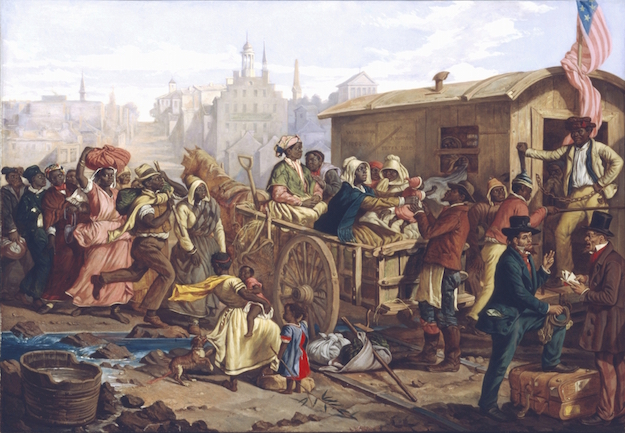
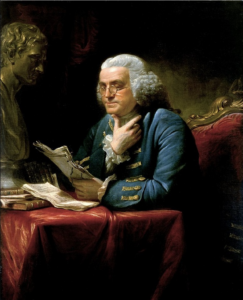
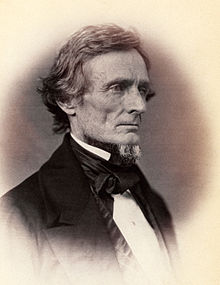 In Washington, D.C., while serving as Secretary of War in the 1850s, Jefferson Davis met Ambrose Dudley Mann, a native of Virginia who was the Assistant Secretary of State (and the first man to hold that office). The two men were drawn to each other immediately and became fast friends for the rest of their lives. In her biography of her husband, Varina Davis wrote that Mann had “every Christian virtue” and that “Mr. Davis and he gravitated toward each other at once, and loved like David and Jonathan until extreme old age.” [1]
In Washington, D.C., while serving as Secretary of War in the 1850s, Jefferson Davis met Ambrose Dudley Mann, a native of Virginia who was the Assistant Secretary of State (and the first man to hold that office). The two men were drawn to each other immediately and became fast friends for the rest of their lives. In her biography of her husband, Varina Davis wrote that Mann had “every Christian virtue” and that “Mr. Davis and he gravitated toward each other at once, and loved like David and Jonathan until extreme old age.” [1]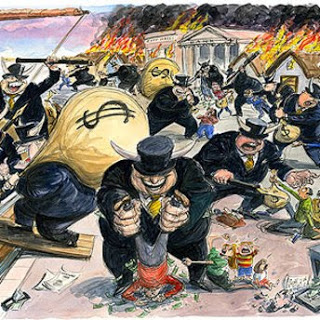 ~ Introduction ~
~ Introduction ~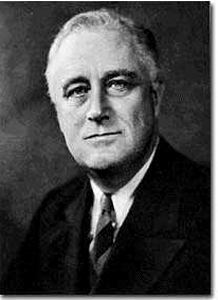 “On the eve of a national election, it is well for us to stop for a moment and analyze calmly and without prejudice the effect on our Nation of a victory by either of the major political parties.
“On the eve of a national election, it is well for us to stop for a moment and analyze calmly and without prejudice the effect on our Nation of a victory by either of the major political parties.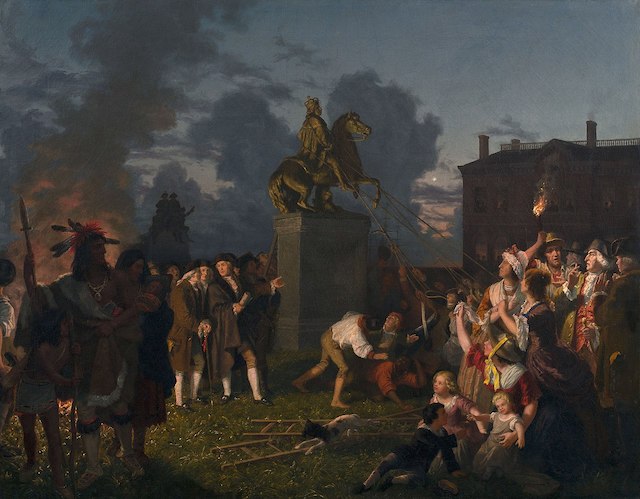
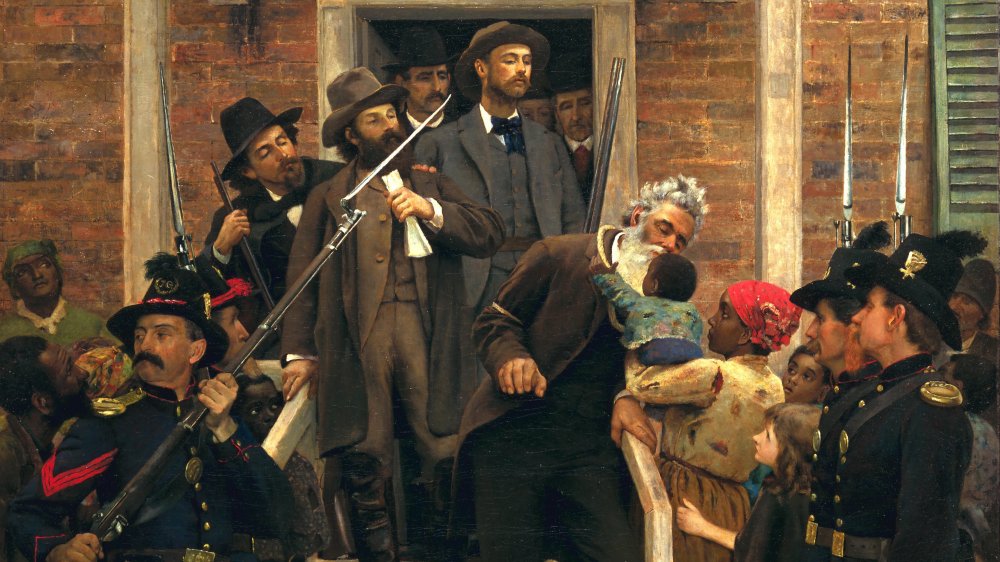
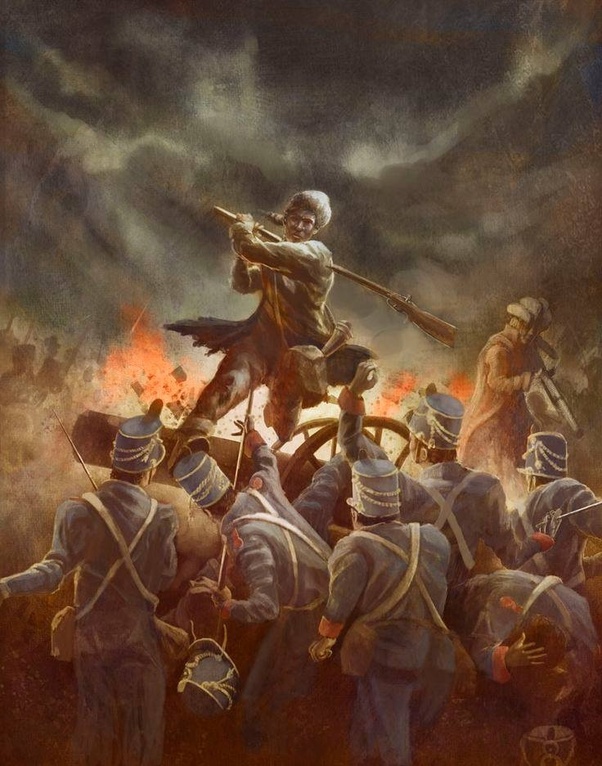
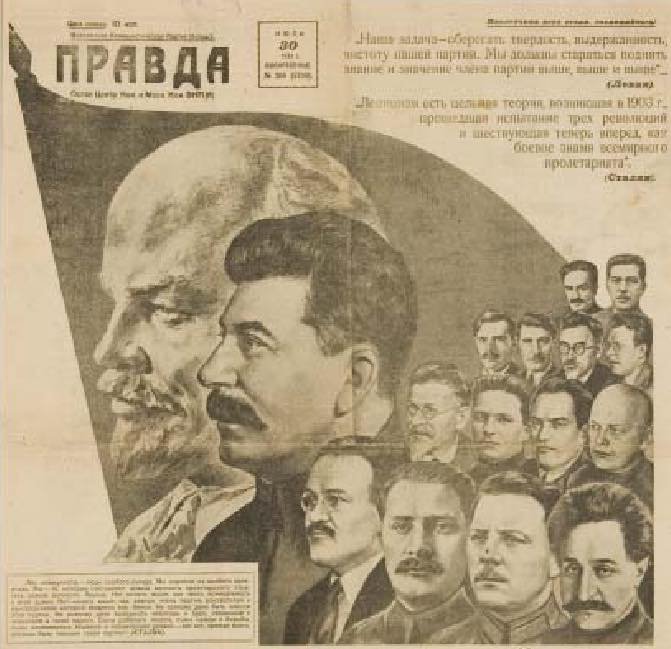
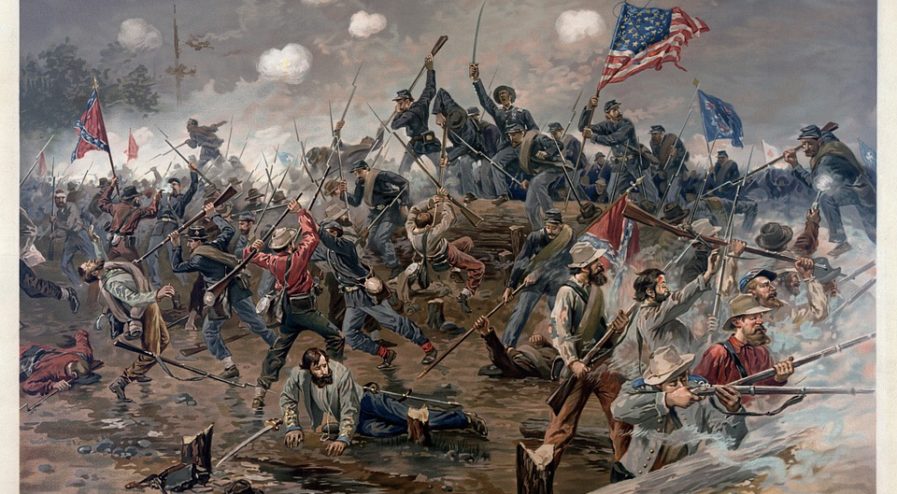
 I have heard that nothing gives an author so great pleasure, as to find his works respectfully quoted by other learned authors. This pleasure I have seldom enjoyed; for tho’ I have been, if I may say it without vanity, an eminent author of almanacs annually now a full quarter of a century, my brother authors in the same way, for what reason I know not, have ever been very sparing in their applauses; and no other author has taken the least notice of me, so that did not my writings produce me some solid pudding, the great deficiency of praise would have quite discouraged me.
I have heard that nothing gives an author so great pleasure, as to find his works respectfully quoted by other learned authors. This pleasure I have seldom enjoyed; for tho’ I have been, if I may say it without vanity, an eminent author of almanacs annually now a full quarter of a century, my brother authors in the same way, for what reason I know not, have ever been very sparing in their applauses; and no other author has taken the least notice of me, so that did not my writings produce me some solid pudding, the great deficiency of praise would have quite discouraged me.